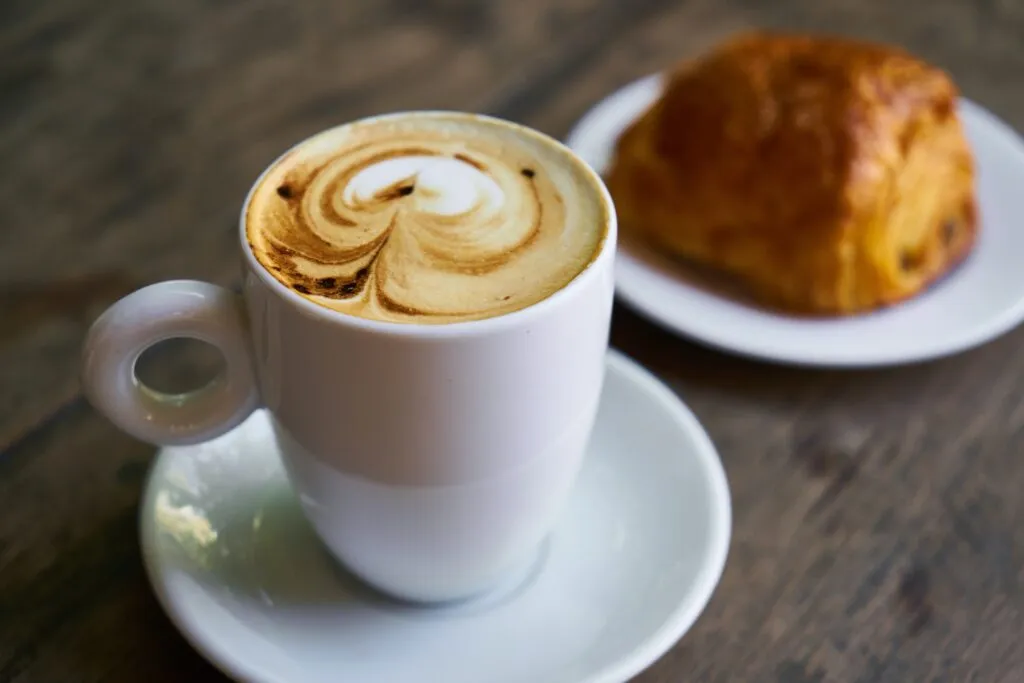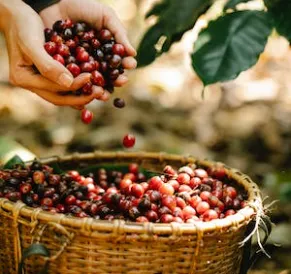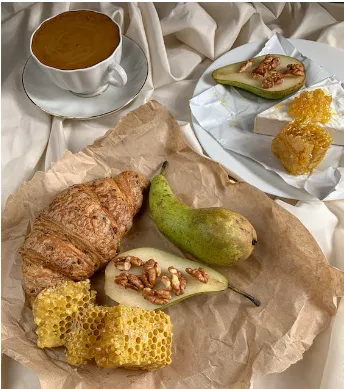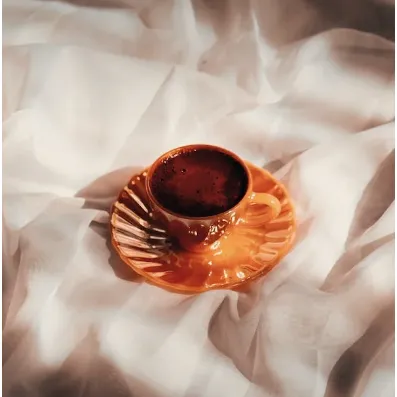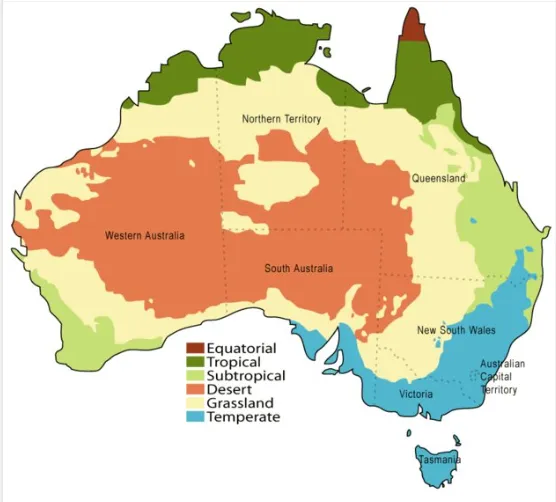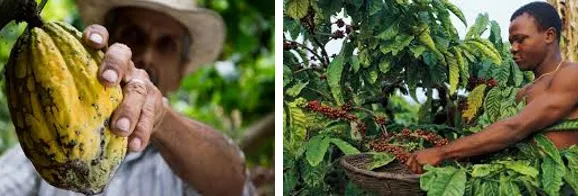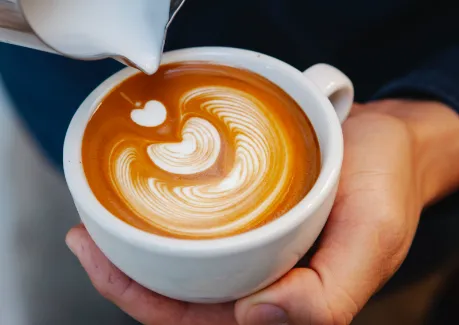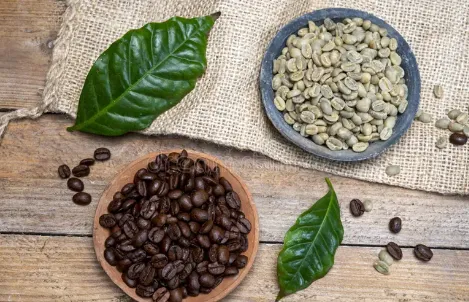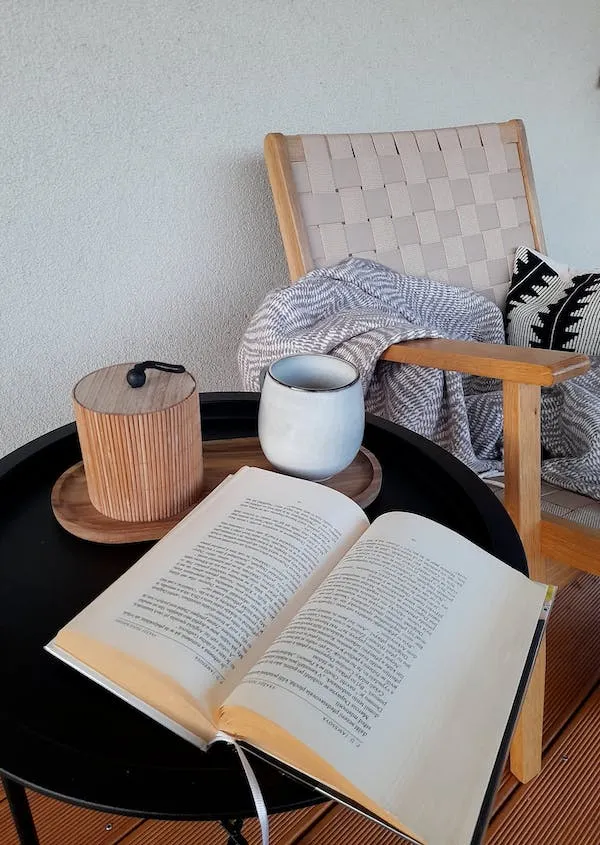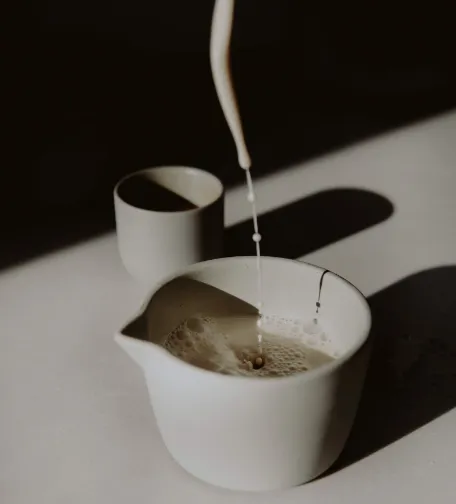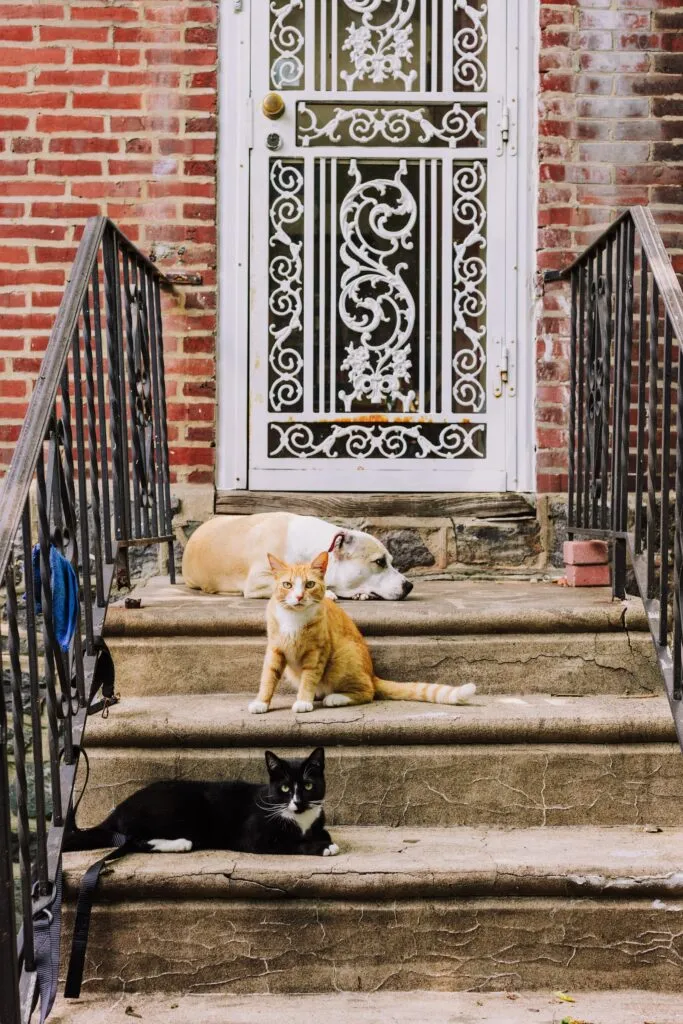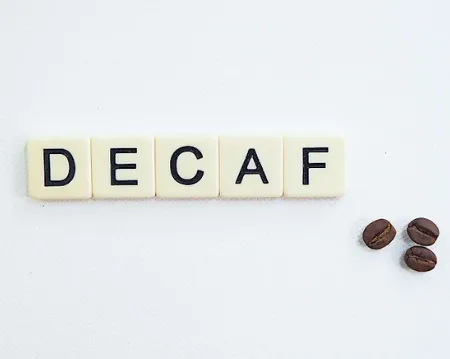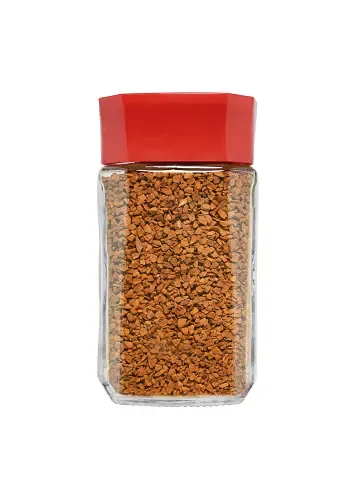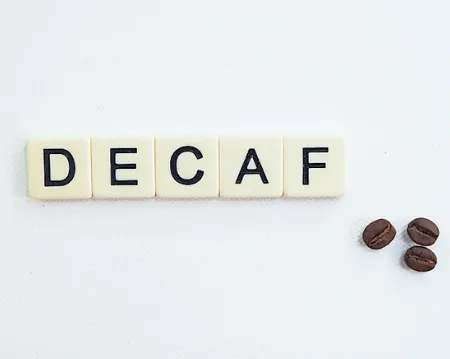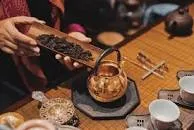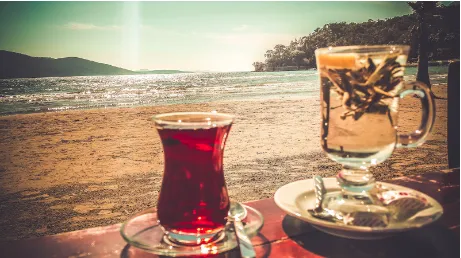Rare Brews: The Most Expensive Coffees in the World
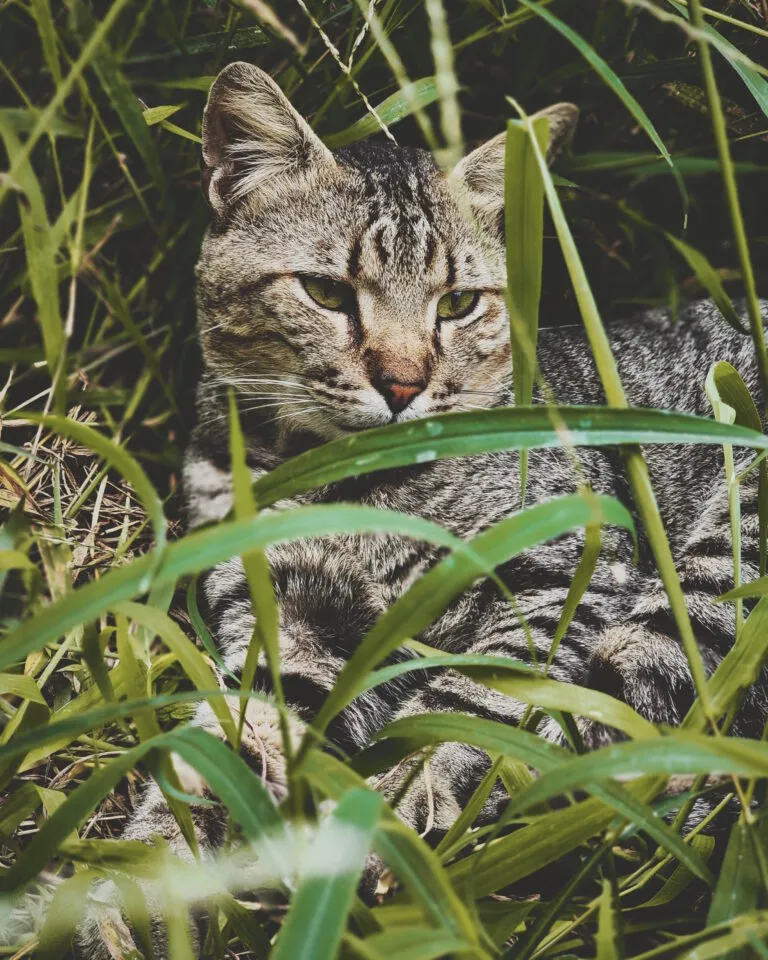
Introduction
Imagine waking up to a cup of coffee that’s more than just a morning pick-me-up – it’s a luxurious indulgence that comes with a price tag that could make your eyes widen. From the serene hills of Indonesia to the remote farms of Central America, the world of coffee offers a journey into the realm of rare, exotic, and undeniably expensive beans. In this exploration, we delve into the top 5 most expensive coffees in the world, where the art of cultivation, unique production methods, and a touch of luxury converge to create beverages that are truly extraordinary.
Kopi Luwak: The Civet Coffee Elegance
We start our journey with the famed Kopi Luwak, often referred to as civet coffee. This exotic gem hails from Indonesia, where civets, small cat-like mammals, select and consume only the ripest coffee cherries. The beans pass through the civet’s digestive system and are naturally fermented, resulting in a smoother, less acidic coffee. After being harvested from the civet’s faeces, the beans undergo rigorous cleaning and processing.
The labour-intensive nature of civet coffee production contributes to its high price. The meticulous selection process and the rarity of civet beans combine to create a beverage that can cost anywhere from $100 to $600 per pound. For coffee connoisseurs seeking a truly unique and premium experience, Kopi Luwak remains a top choice.
Black Ivory Coffee: The Elephant-Touched Brew
If the idea of coffee cherries passing through a civet’s digestive tract intrigued you, prepare for the unexpected with Black Ivory Coffee. This coffee variety takes a detour through the digestive systems of Thai elephants. The elephants consume the coffee cherries, and enzymes in their stomachs break down the proteins, resulting in a coffee that’s described as smooth, chocolaty, and less bitter.
The combination of the intricate production process and the limited supply raises the price of Black Ivory Coffee to approximately $500 per pound. As with civet coffee, the allure here lies in the unusual approach to fermentation, making it a conversation starter for coffee enthusiasts.
Hacienda La Esmeralda: Panama’s Prize Jewel
Leaving behind the realm of animal involvement, we venture into the highlands of Panama to discover Hacienda La Esmeralda coffee. This exquisite variety is known for its unique Geisha beans, celebrated for their vibrant floral and jasmine-like aromas. Grown in the Boquete region, these beans are carefully harvested and meticulously processed.
The combination of the rare Geisha beans and the meticulous cultivation process results in a coffee that commands prices of around $350 to $600 per pound. The Hacienda La Esmeralda auctions often draw the attention of coffee aficionados, collectors, and investors who understand the rarity and exceptional flavours that this coffee offers.
St. Helena Coffee: A Taste of History
From the remote island of St. Helena in the South Atlantic comes a coffee with historical significance and a premium price. Napoleon Bonaparte, during his exile on the island, developed a fondness for its coffee. Today, the tradition continues with St. Helena Coffee, which is cultivated in limited quantities due to the island’s geographical isolation and small population.
The unique terroir of the island contributes to the coffee’s distinctive taste, characterised by a well-balanced flavour profile. The challenges of production and the island’s remoteness lead to a price range of approximately $30 to $80 per pound. For coffee enthusiasts with an appreciation for history and a willingness to invest, St. Helena Coffee offers a rare and intriguing experience.
Jacu Bird Coffee: Brazilian Rarity
Our journey concludes in Brazil with Jacu Bird Coffee, a variety that reflects the beauty of nature’s role in coffee production. Jacu birds, native to the region, are known to be selective in their choice of coffee cherries. After consumption, the beans are naturally processed within the bird’s digestive system, much like civet coffee.
The unique aspect of Jacu Bird Coffee lies in its harmonious relationship with the ecosystem. The beans are collected from the bird’s droppings, and the coffee’s complex flavours are attributed to the bird’s selection process. This rarity and the meticulous collection process contribute to a price tag of approximately $400 per pound.
Conclusion
The world of coffee transcends mere caffeine consumption; it’s a canvas upon which art, nature, and innovation converge. The five most expensive coffees we’ve explored – Kopi Luwak, Black Ivory, Hacienda La Esmeralda, St. Helena, and Jacu Bird – each offer a distinct narrative of cultivation, production, and rarity. From animals playing a role in fermentation to historically significant beans and ecologically harmonious processes, these coffees offer more than just a sip; they offer an experience, a story, and a taste of the extraordinary. For those willing to venture beyond the ordinary and indulge in a cup of luxury, these coffees provide an avenue to explore the heights of both flavour and exclusivity.





